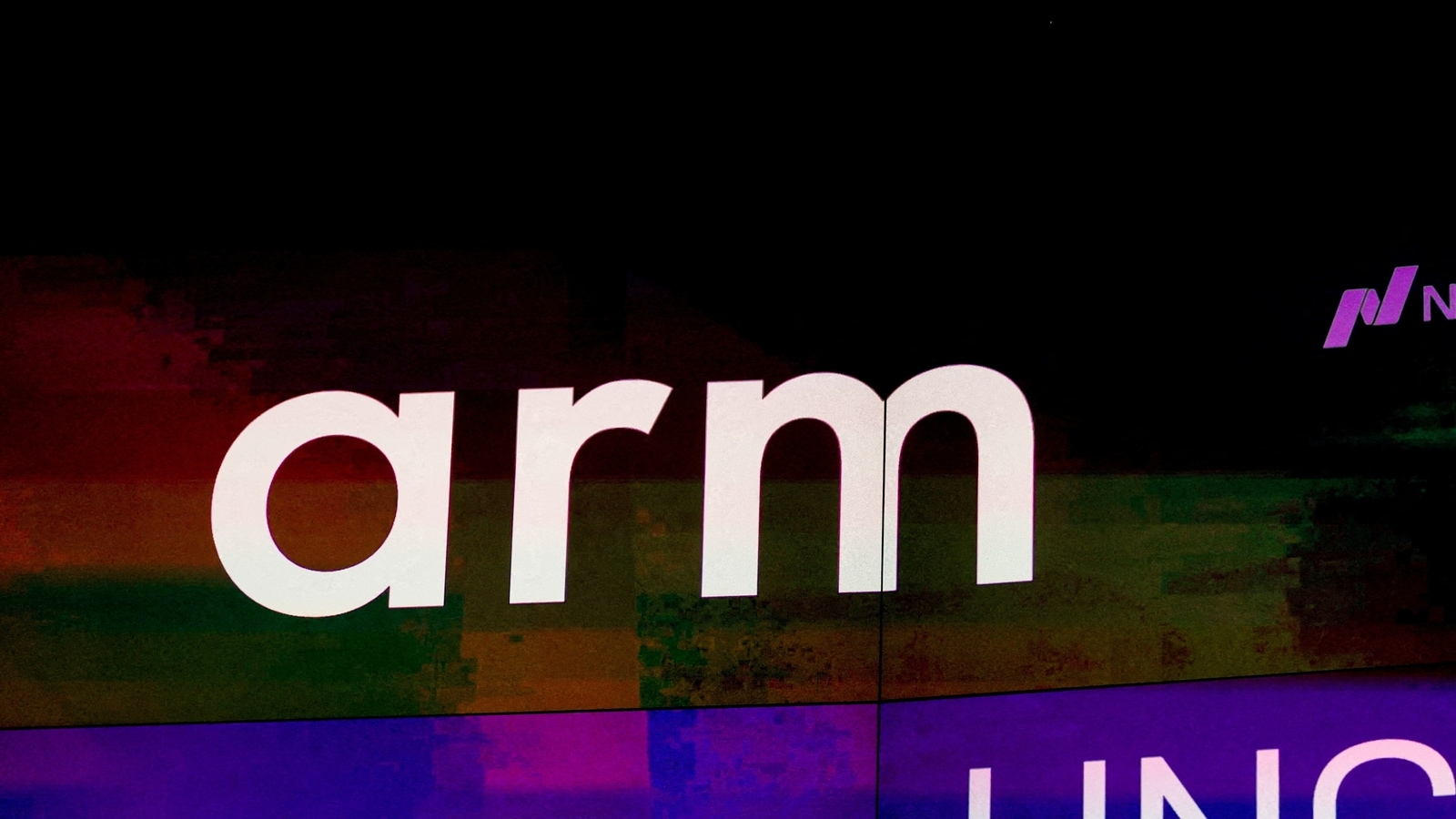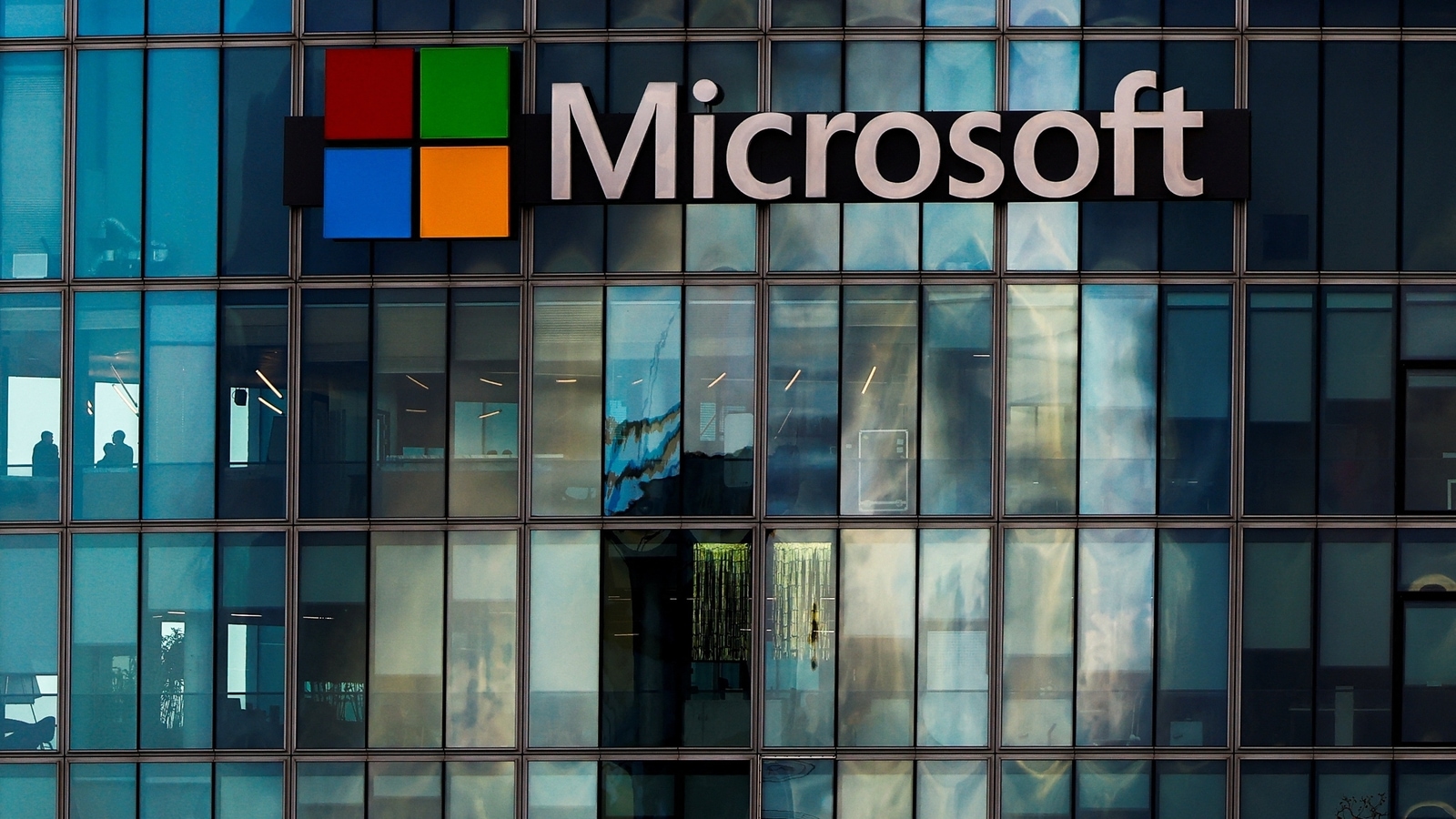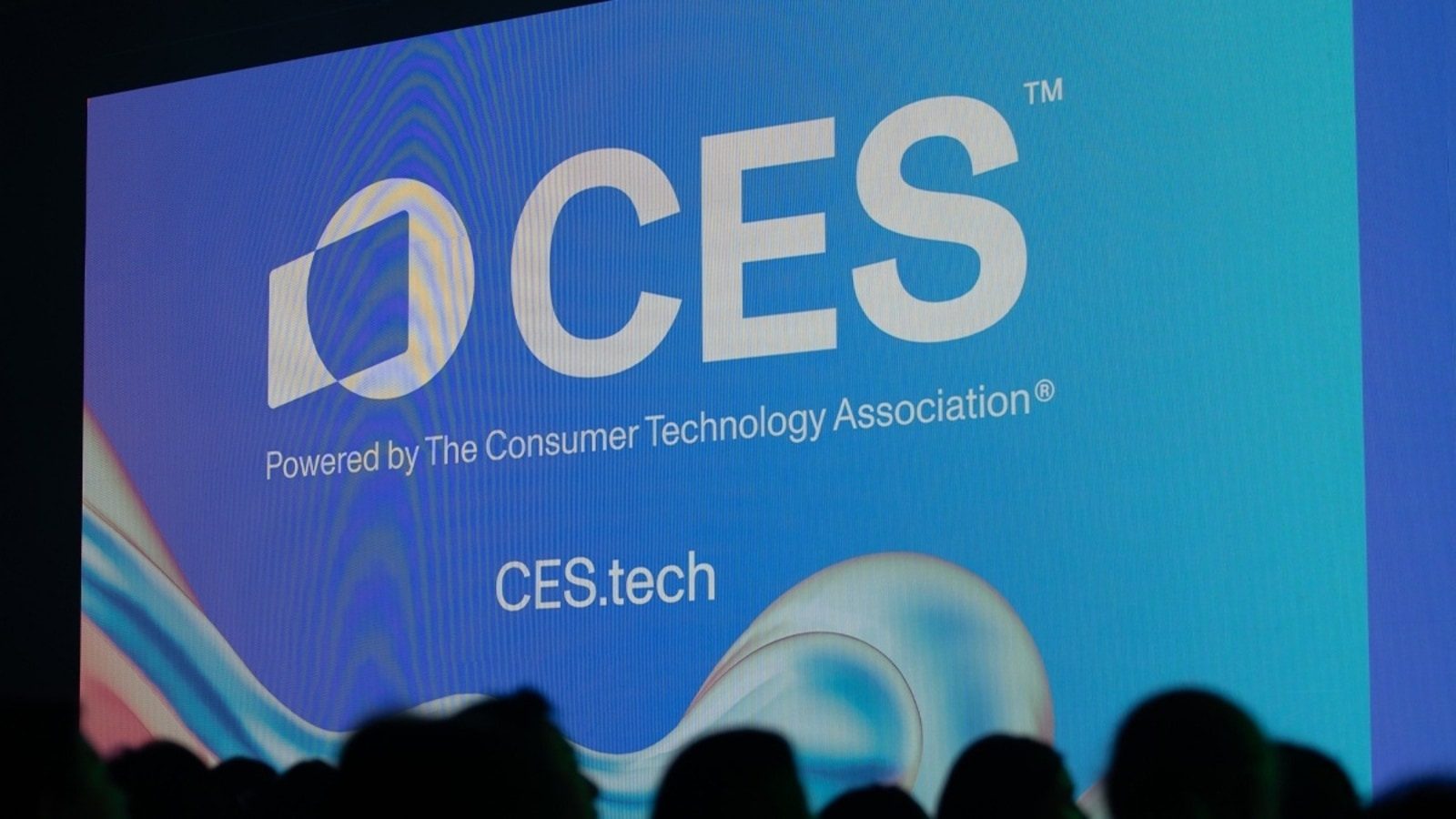 Epic Games
Epic Games
Microsoft has announced that neural rendering capabilities are coming to DirectX soon. Cooperative vector support, as it’s called, will lead to “cross-platform enablement of neural rendering techniques,” according to Microsoft, and it will usher in “a new paradigm in 3D graphics programming.”
It sounds buzzy, but that’s not without reason. This past week, Nvidia announced its new range of RTX 50-series graphics cards, and along with them, it revealed a slate of neural rendering features. Neural shaders, as Nvidia calls them, allow developers to execute small neural networks from shader code, running them on the dedicated AI hardware available on Nvidia, AMD, Intel, and Qualcomm GPUs. Microsoft is saying that it will enable these features on all GPUs, not just those sold by Nvidia, through the DirectX API.
Microsoft is doing so through cooperative vector support, which it says “directly improves the performance of neural rendering techniques.” It enables matrix multiplication to be run directly from shader code — the programs that your GPU executes — allowing neural networks to function regardless of your GPU brand. At this point, all major GPU brands have dedicated AI hardware available, and cooperative vectors will allow developers to tap into that hardware through shader code.
Get your weekly teardown of the tech behind PC gaming
Cross-vendor support for neural shaders is a big deal. In generations past, Nvidia maintained a closed system of middleware dubbed GameWorks that would only work on Nvidia graphics cards. The suite included features like PhysX in games like Batman: Arkham City and Mirror’s Edge, as well as HairWorks in games like The Witcher 3 and Final Fantasy XV.
With broad neural rendering support through DirectX, it will hopefully encourage developers to include neural shaders without fear of locking out certain players. Nvidia has already demonstrated the capabilities of neural rendering with features such as the Neural Radiance Cache, which uses a neural network to infer light bounces in a path-traced scene, enhancing both the visual quality and performance of games that feature path tracing.
Although the DirectX announcement is recent, we won’t see neural rendering features in games for quite some time. Nvidia and Microsoft are just now laying the foundation for these new rendering techniques, so it could be several years before we see a game running small neural networks through shader code. The potential applications are vast, though, and these techniques could bring about a new wave of rendering capabilities now that they’ll be supported on GPUs from all vendors.

Jacob Roach is the lead reporter for PC hardware at Digital Trends. In addition to covering the latest PC components, from…
We might see a new version of DLSS next month

As the year comes to a close, we're hearing more about what Nvidia might have in store at CES next month. Not only is the company rumored to launch its RTX 50-series GPUs, which could take Nvidia's best graphics cards to the next level, it could also introduce new software features. At least, that's what Nvidia board partner Inno3D is suggesting.
The company, which is an exclusive Nvidia board partner, posted a press release detailing what it will cover at CES next month. In addition to its various GPU models, including the Frostbite range with a "new liquid cooling solution" and the SFF range for small form factor PCs, Inno3D highlighted an AI feature set including "advanced DLSS technology," "improved AI-driven upscaling," and "neural rendering capabilities."
Read more
As a PC gamer, 2024 just made me sad

Fine, I'll say it: 2024 wasn't a great year for PC gaming hardware. I'd even go as far as to call it pretty lame. There were plenty of great PC games to enjoy, but when it comes to hardware, it felt like one big letdown.
A lot of my most anticipated launches ended up getting delayed, and most of the upgrades we got were a bit of a wet blanket. Here are all the various things that proved to be a disappointment in 2024, both to me and to many other PC gamers, but why I'm feeling hopeful for 2025.
The least impressive generation of CPUs in a while
Read more
Intel Arc B580 vs. Nvidia RTX 4060: a one-sided showdown

Intel is back with one of the best graphics cards you can buy -- the Arc B580. As you can read in my Intel Arc B580 review, it's a graphics card that has no business being as powerful as it is given how inexpensive it is. And when comparing it to its main competitor, Nvidia's RTX 4060, Intel mops the floor with its rival.
I've been testing Intel's latest GPU over the last couple of weeks, and I decided to put it head-to-head with Nvidia's budget RTX 4060, which is currently the second-most-popular GPU on Steam. Given the performance I've seen, Intel's GPU deserves to start climbing up the rankings in those same charts.
Specs and pricing
Read more





















 English (US) ·
English (US) ·